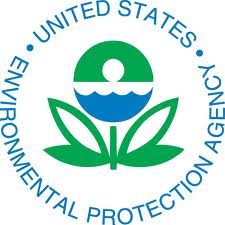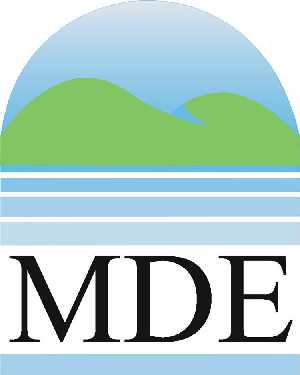The Bullet:
Houston-based CCS (USA) Inc. and several of its operating subsidiaries will pay a $2.5 million civil penalty relating to operations at its Shreveport, Louisiana, industrial wastewater treatment plant, the Department of Justice, U.S. Environmental Protection Agency (EPA) and the state of Louisiana announced today. The settlement will resolve violations of the Clean Water Act, the Clean Air Act and the Resource Conservation and Recovery Act (RCRA). The $2.5 million civil penalty will be split evenly between the United States and state of Louisiana. The stipulation of settlement, filed in the U.S. District Court for the Western District of Louisiana, is subject to a 45-day public comment period and approval by the federal court.
Who:
From Wikipedia:
CCS Midstream Services, a Calgary, Alberta company is an operating company of Tervita (formerly CCS Corporation). Tervita has customer service facilities operating in Saskatchewan, Alberta and British Columbia and has become the largest company in Western Canada specializing in treatment, recovery and disposal of petroleum by-products.
CCS (USA) Inc. is a U.S. Branch of the Canadian company. Its headquarters are in Houston, TX.
What:
Violations of the environmental regulations of this sort can impact air, land, and water. The fine reflects the severity of the environmental impact and its breadth.
Where:
CCS Corporation (Tervita) is based in Calgary, Alberta in Canada.
UCS (USA) Inc. is based in Houston, TX.
The site of the alleged RCRA violations is a wastewater treatment plant in Shreveport, LA.
When:
CCS purchased the Shreveport, LA facility in 2006. At the time of the sale the USEPA and the Louisiana Department of Environmental Quality discovered the violations. The former owner of the site was sentence to a five-year prison sentence for the violations. CCS ceased wastewater treatment operations at the site at that time (~2006) and began removal of hazardous waste illegally stored on-site under the supervision of the USEPA.
USEPA news release date July 10, 2014.
Why:
The improper treatment, storage, and disposal of waste – especially hazardous waste – can cause significant environmental damage and affect the health and safety of people impacted by it. It is the purpose of the Resource Conservation and Recovery Act – and other Federal and State regulations – to prevent damage to human health and the environment through the improper management of waste.
How:
As a state with an authorized hazardous waste program, the Louisiana Department of Environmental Quality cooperated with the USEPA in the prosecution of this case.
Conclusion:
Contact me with any questions you may have about the management of hazardous waste Daniels Training Services 815.821.1550 |
The cost of training your hazardous waste personnel versus fines of this amount are no comparison. Contact me for a free RCRA Training consultation.


